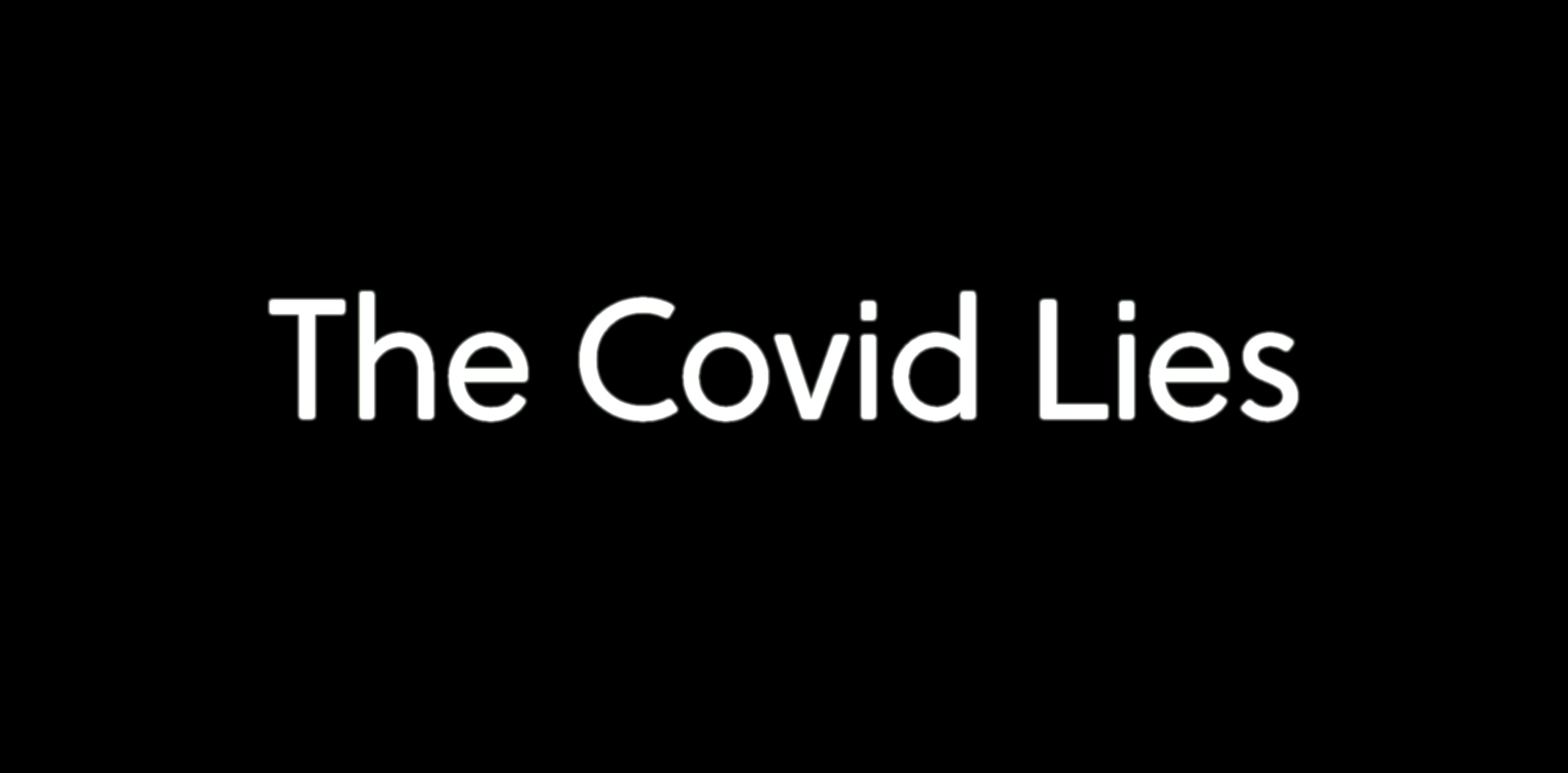Did the WHO Water Down Its ‘Pandemic Treaty’? Not Really, Experts Say
The latest draft of the WHO “pandemic agreement” no longer states that the document is binding on WHO member states, according to reports circulating widely on blogs and social media. But experts following the treaty negotiations said the latest language is “deceiving.”
The latest draft of the World Health Organization’s (WHO) “pandemic agreement” no longer states that the document is binding on WHO member states, according to reports circulating widely on blogs and social media.
One report, published on April 22 by independent journalist Peter Imanuelsen, states that with the removal of a key article from the draft treaty, countries “no longer have to obey the WHO.”
But experts who spoke with The Defender said it is too soon to say the WHO backed down. They pointed out that the latest drafts of the proposed pandemic agreement and amendments to the International Health Regulations (IHR), still under negotiation by WHO members, contain obligations for nations and curtail freedoms for people globally.
Dutch attorney Meike Terhorst told The Defender, “There is no victory,” as the proposed IHR amendments give the WHO’s director-general “unlimited legislative and executive powers to declare a pandemic and the measures which need to be taken” — and strengthen existing powers as specified in the current IHR, ratified in 2005.
Internist Dr. Meryl Nass, founder of Door to Freedom, told The Defender the two proposed instruments will still direct WHO member states to distribute vaccines and drugs and obey demands issued by the organization during a declared “public health emergency of international concern” (PHEIC).
Writing for Door to Freedom, Nass said the latest revisions to the IHR amendments state that the document is “non-binding” but that other language contradicts this.
“So what if the term ‘non-binding’ is no longer crossed out? The document is still binding on nations due to other language, the requirement to report back to the WHO on how well nations are complying, and the new Compliance and Implementation committee, which will ride herd on nations that do not comply,” Nass wrote.
What’s more, “Nations must ‘adjust’ their domestic legislation to comply … though the document claims it has no intention of imposing on national sovereignty,” she added.
Nass said claims that language regarding “misinformation” and “disinformation” was removed from the latest draft of the IHR amendments is also false. She wrote:
“The control of misinformation and disinformation got moved to an Annex where it would be less obvious. However, the control of information is now even more stringent, as ‘surveillance’ and managing misinformation are now considered ‘Core Capacities’ that all nations will have to develop, and on which they will be scored using a monitoring system still to be developed.”
Terhorst said if the WHO ratifies either or both of the two proposed documents in their current iterations, it would attain “legislative and executive powers, autonomous powers,” that are explicitly prohibited by the WHO’s Constitution. According to Terhorst, the constitution limits the WHO’s power to that of an “advisory body.”
Member states will vote on the proposed instruments at the 77th World Health Assembly, scheduled for May 27-June 1 in Geneva, Switzerland.
‘A form of negotiating blackmail’
Independent journalist James Roguski has chronicled the negotiations for both the “pandemic agreement” and the IHR amendments on his Substack. In an April 18 post, he said that negotiations on the proposed “pandemic agreement” have “failed.”
This failure, Roguski said, leaves the Intergovernmental Negotiating Body no choice but to propose that nations sign an unfinished document and agree to delay the details into the “far distant future,” through the passage of a proposed “Pandemic Treaty” resolution.
In a separate Substack post on April 23, Roguski wrote that the Intergovernmental Negotiating Body is “resorting to a form of negotiating blackmail,” by “attempting to pressure the WHO member nations to adopt and sign an incomplete agreement” at next month’s meeting.”
According to Roguski, the “not-so-subtle threat” is that if member states do not sign the incomplete document, “they will not be able to continue to participate in the subsequent negotiations to work out the details.”
Member states can sign the “pandemic agreement” at WHO headquarters in Geneva from May 28 to June 28, and at United Nations headquarters in New York from July 8, 2024, to July 7, 2025.
Roguski wrote on April 18:
“They have always wanted to reach an empty agreement in order to set up a Framework Convention and a brand new bureaucracy (the Conference of the Parties) [COP] that would be empowered to meet on a yearly basis off into the future, forever.
“They know that they cannot show us the details of what they really want to do. They are proposing an incomplete, watered-down agreement in the hopes that they will be able to make decisions in the future in the hopes that we won’t be paying attention.”
According to Roguski, WHO member states have not agreed on aspects of the “pandemic agreement” that involve One Health, the development of a “Pathogen Access and Benefits Sharing System,” financing and financial rules governing the COP.
Yet, the resolution requires WHO Director-General Tedros Adhanom Ghebreyesus to immediately implement clauses about topics such as “Preparedness, readiness and resilience,” “Vaccine and therapeutic related compensation and liability during pandemics,” “regulatory strengthening” and a “Coordinating Financial Mechanism.”
IHR Amendments would give WHO director-general ‘lawmaking powers’
The revisions to the proposed IHR amendments have led to a new document that Terhorst said, “appears to be less awful than the earlier draft.” But that’s “deceiving,” she said.
Like Nass, Terhost noted that the latest draft foresees the establishment of an IHR Implementation and Compliance committee, “intended to facilitate and oversee the implementation of and promote compliance with these Regulations.”
“This means that if a PHEIC is declared … or a pandemic or pandemic emergency or early action alert, all member states have to answer and obey the orders from the WHO director-general, and their own institutions have to implement the measures requested such as lockdowns, vaccination, quarantine, travel restrictions,” Terhorst said.
As a result, the director-general will have “lawmaking powers” to declare a PHEIC and the measures nations must take in response, Terhorst said.
Writing on his Substack April 22, Roguski listed several “unacceptable” proposals contained in the most recent draft of the IHR amendments, including vaccination requirements, proposals to quarantine travelers, proposals for the implementation of “vaccine passports” and testing requirements as a prerequisite to travel, enhanced surveillance mechanisms, and censorship under the guise of targeting “misinformation.”
Silvia Behrendt, founder and director of the Agency for Global Health Responsibility, based in Austria, told The Defender that aside from these provisions, the proposed IHR amendments also violate Article 55, Paragraph 2 of the existing IHR (2005).
This clause requires the WHO director-general to communicate all proposed changes to the IHR to all member states at least four months before the World Health Assembly. The WHO claims that it fulfilled this requirement when the “WHO Secretariat circulated all proposals for amendments to the IHR on 16 November 2022.”
Behrendt disagreed. “The new draft is, to a very high extent, a new version which we have never seen,” she said. “This proves that the deadline has not been met, because it’s not enough time” for the WHO member states.
“This is also not the final draft,” Behrendt said. “They will have a new [negotiating] session and there will again be new changes to it.” The Working Group on Amendments to the International Health Regulations meets April 22-26.
Behrendt said this is a particularly burdensome process for smaller states, who are faced with dual negotiations regarding the “pandemic agreement” and IHR amendments but lack the capacity to keep up with both.
“This is a cascading effect and it’s a very complex situation because they negotiate on the same subject matter. It has never been done in international law,” Behrendt said, noting that the European Union (EU) is part of the negotiations for both proposals as a separate entity, even as its individual member states are also part of the negotiating process.
Terhorst said the EU lacks the authority to participate as a separate party in these negotiations, noting that public health policy in the EU is the sole domain of the states. Behrendt said this is an attempt by the EU to “take the lead” on public health policy.
Terhorst said the EU, a proponent of digital health passports and “digital identity,” is “acquiring more and more power,” and alongside other WHO member states and negotiators, is seeking to rush through the two proposals before this year’s U.S. presidential elections, where two of the three leading candidates oppose the WHO.
Behrendt said the recent bird flu scare is one more reason the WHO is rushing to push through both proposals. “It’s very interesting that it surfaces now,” she said, noting the timing of the outbreak, just before this year’s World Health Assembly.
Other non-state actors, like the Bill & Melinda Gates Foundation, are also participants in the negotiations as official WHO “stakeholders.” Behrendt cited the International Federation of Pharmaceutical Manufacturers and Traders as one such organization, noting “they have dominated” the negotiating processes for the two WHO proposals.
Global opposition to WHO proposals is growing
Terhorst said global opposition to the two WHO proposals continues to grow. On April 16, the Dutch Parliament passed a motion asking the country’s government to postpone its vote on the IHR amendments at next month’s World Health Assembly, because the amendments were not submitted at least four months before the assembly.
The Dutch government is not bound by the motion, Terhorst said, but she noted the broad support the motion enjoyed in Parliament. “Even parties who were very much in favor of all the COVID-19measures, they thought that this was just not legal.”
Terhorst also noted that the Dutch government previously submitted a reservation — a legal request for more time to review — against the 2022 IHR amendments, but has not made the formal reservation letter public, claiming the letter is “diplomatic information.”
“Why is it a diplomatic relations issue? It’s a legal issue and the Dutch Parliament should be able to verify that this letter has been sent,” Terhorst said, adding that the Dutch Parliament never ratified the IHR (2005), perhaps because it is unconstitutional.
Last week, tens of thousands of protesters gathered in Japan to oppose the two proposals. And last month, the Louisiana Senate voted unanimously to ban WHO involvement in the state’s health policy, while lawmakers in Uganda also opposed the two proposals.
On May 2, the U.S. Department of Health and Human Services’ Office of Global Affairs will host a listening session “to seek input from stakeholders and subject matter experts to help [it] inform and prepare for U.S. Government engagement at the World Health Assembly.”
The session is open to the public, but those interested must RSVP by April 26.
Suggest a correction







